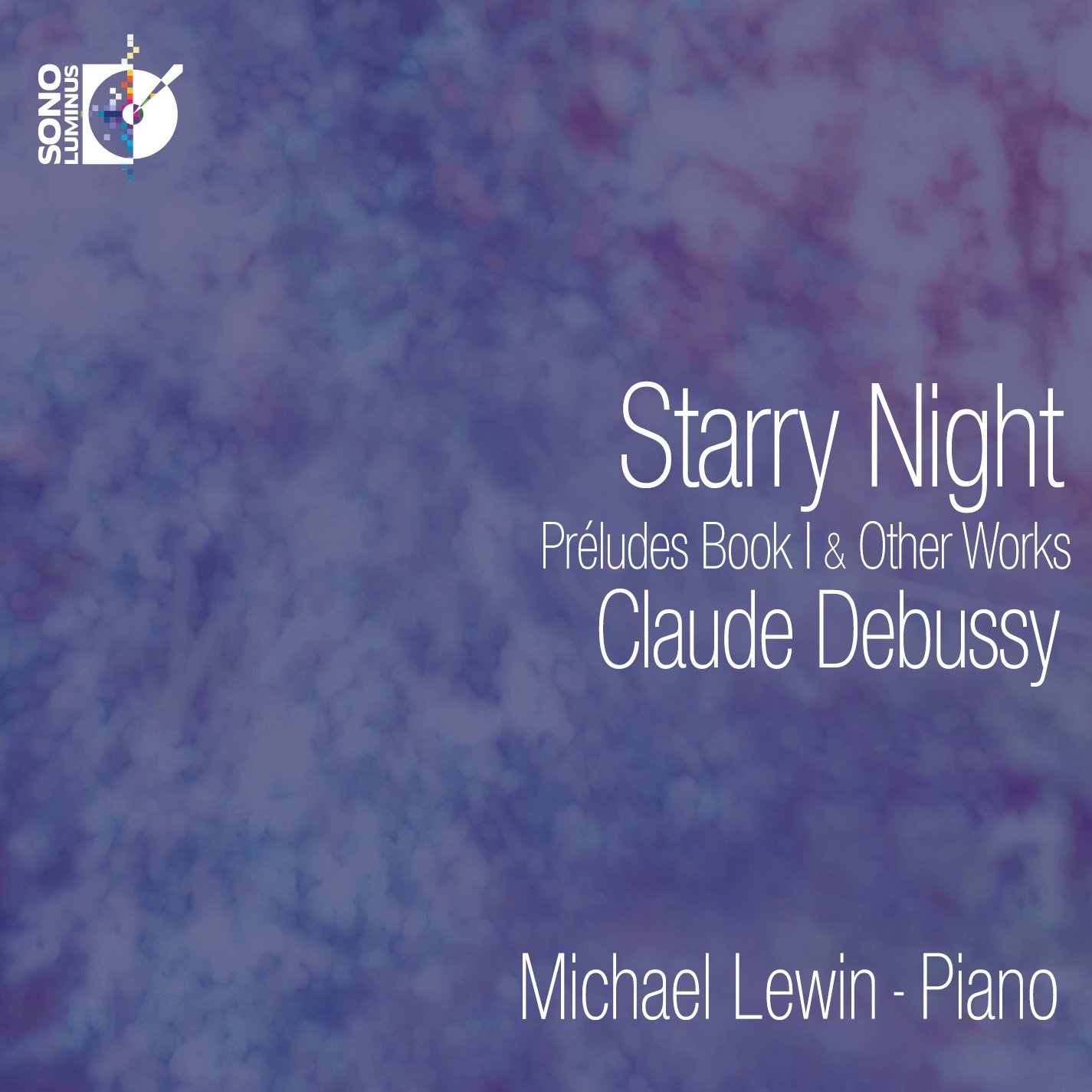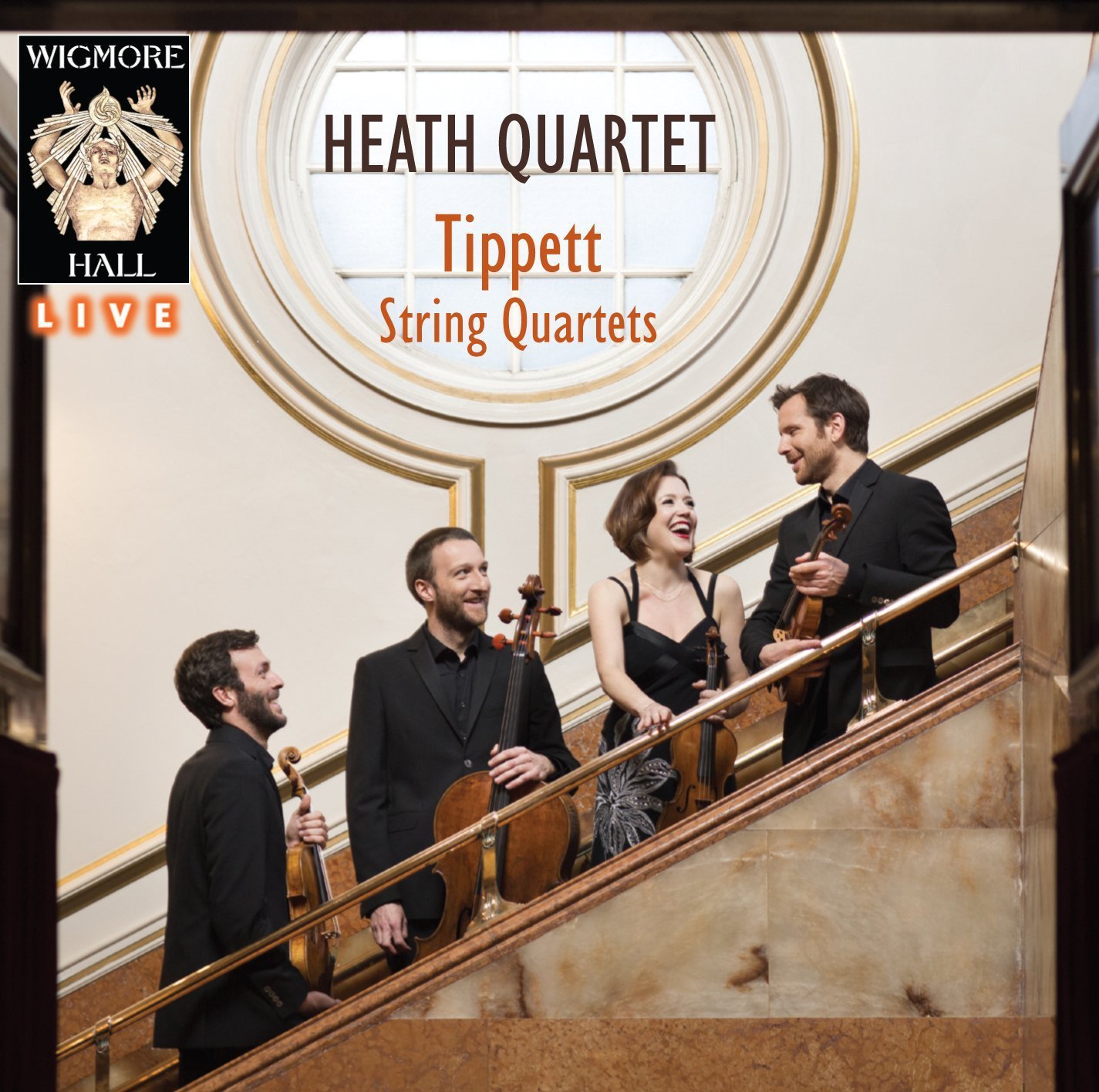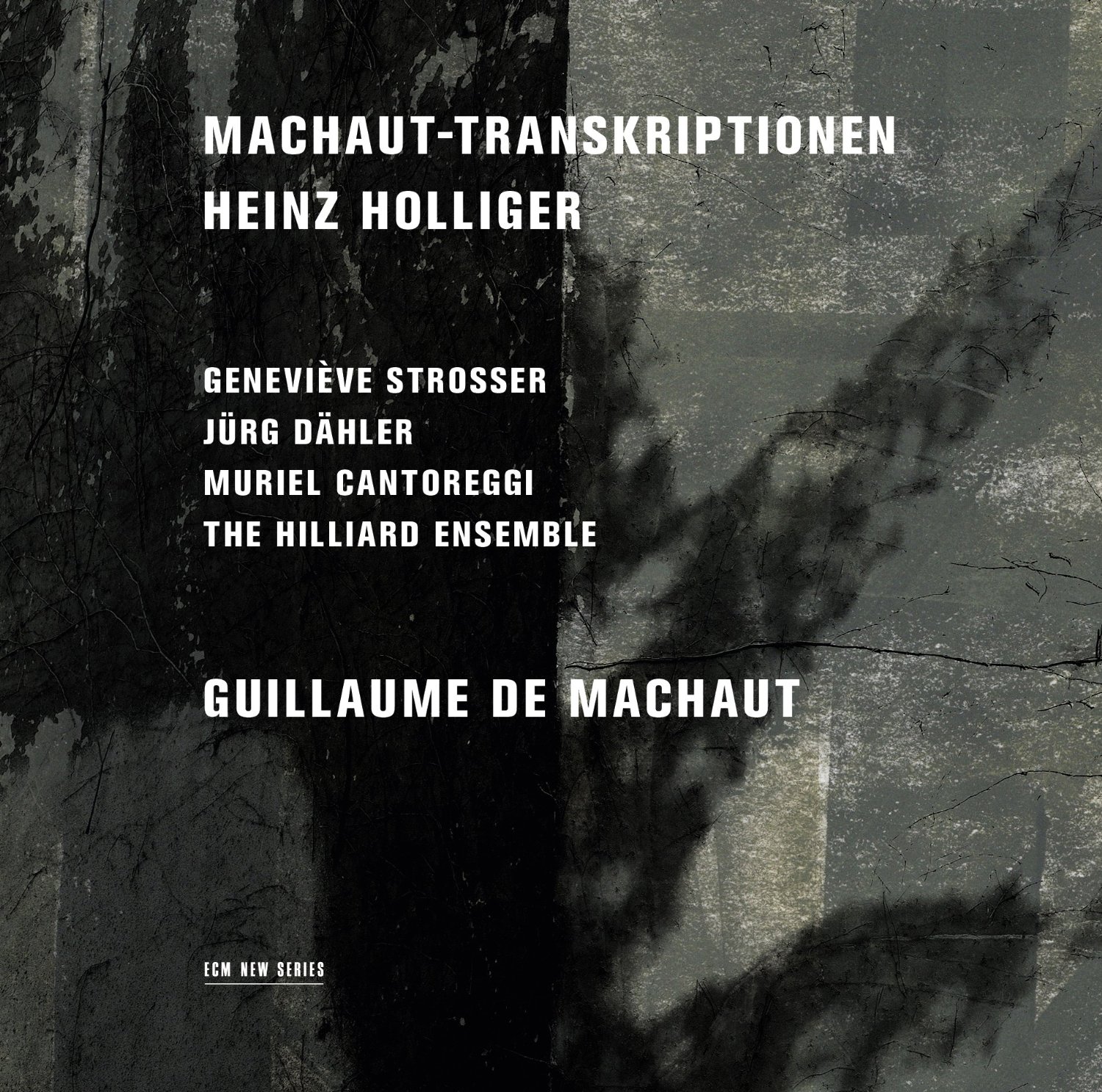 Debussy: Starry Night – Préludes Book 1 and Other Works Michael Lewin (piano) (Sono Luminus)
Debussy: Starry Night – Préludes Book 1 and Other Works Michael Lewin (piano) (Sono Luminus)
Michael Lewin's earlier Debussy anthology was excellent, and this second volume also hits the spot. In the first set of Préludes, Lewin gets just about everything right, each piece flawlessly characterised. Take “Des pas sur la neige”, its halting footsteps just desolate enough, followed by a truly furious “Ce qu'a vu le vent d'ouest”. “La fille aux cheveux de lin” is coolly understated, and all the more beautiful for it. “La danse de Puck” and “Minstrels” glitter. Colin Matthews' clever orchestral transcriptions of both sets of Préludes are miraculous, but the colours which Lewin draws from his Steinway are so much more vivid. Wonderful production values too, the recording made in Sono Luminus's acoustically perfect converted chapel in rural Virginia. An audio Blu-ray disc is included as a bonus.
As a warm up to the Préludes, Lewin gives us the three Estampes. The quip about the best Spanish music coming from French composers is ably illustrated by “La soirée dans Grenade”, Lewin’s reading so evocative that it's hard to believe Debussy never actually visited Spain. There's the early E major Arabesque, utterly unmannered and as fresh as paint. Golliwog's cake walk oozes dry wit. Rarer is Debussy's bittersweet final piano piece, Les soirs illuminés par l'ardeur du charbon, written for the composer's music-loving coal merchant in 1917, and only rediscovered in 2002. The closing bars are heart-stopping. All fabulous, and Lewin's unfussy notes are a joy to read.
 Tippett: String Quartets 1-5 Heath Quartet (Wigmore Hall Live)
Tippett: String Quartets 1-5 Heath Quartet (Wigmore Hall Live)
Listen to the first three string quartets on this two-disc set blind, and you'll be convinced that you're in the presence of genius. These are superbly wrought, highly individual pieces, their energy and rhythmic zest uniquely affirmative – a description which sums up much of Sir Michael Tippett's early output. The ideas often tumble out too abundantly and quickly, but this music amply repays any attention you give it. Inevitably you start comparing Tippett's music with that of his younger friend and rival Britten. The latter composer’s superhuman technical polish is rarely found in these quartets; you sense that Tippett never found things easy. A good starting point is 1943's Second Quartet, completed just before Tippett served a short prison sentence as a conscientious objector. The initial bouncing rhythms recall the Concerto for Double String Orchestra, though the last movement's awkward fugue is much darker.
Quartet No. 3, finished in 1946, is more impressive still. Three of its five movements are brilliant fugues, the final one providing a suitably emphatic close. And superbly played here by the Heath Quartet, the close recording balance highlighting just how difficult these pieces are to bring off. Anyone who's enjoyed the quartets of Bartók and Shostakovich will have nothing to fear.
Nos. 4 and 5 fill the second disc. You'd expect any decent composer's language to evolve over time, but with Tippett there's the suspicion that his music went slightly off the boil after the opera King Priam. The single-movement String Quartet No. 4 dates from the late 1970s, and isn't an enjoyable listening experience; even these players struggle to clarify Tippett's thick, dissonant textures. But the valedictory 5th Quartet is a wonderful surprise, its extended second movement ending with a magnificent, sonorous chord. This is a terrific set. Some composers are justly neglected. Tippett isn't one of them – all hail the Heath Quartet for making this absorbing music available in such exciting performances.
 Heinz Holliger: Machaut Transcriptions (ECM)
Heinz Holliger: Machaut Transcriptions (ECM)
Don’t come to this disc expecting a Pulcinella-style romp through the 14th-century French composer Guillaume de Machaut’s greatest hits; Heinz Holliger’s realisations are highly imaginative, and a long way from the originals. His transcriptions of six Machaut pieces are radical in the extreme, though sequencing them alongside authentic Machaut sung by the late-lamented Hilliard Ensemble serves to highlight the source material’s strangeness, the rhythmic freedom and the scrunchy splashes of sharp dissonance. Holliger’s treatments might seem odd at first, but Machaut’s music must have sounded even more radical in its day. The bare outlines of Machaut’s Double Hoquet can be traced in Holliger’s version for three violas, the instruments soon subjected to a volley of avant-garde performance techniques. And, despite the sonic craziness, Machaut’s spirit survives intact. Two Ballades are statelier, calmer affairs, Holliger’s use of untempered viola harmonics adding an eerie gloss to proceedings.
Machaut’s Lay VII survives as a single vocal line, so we get Holliger’s beguiling, gently dissonant version, simultaneously archaic and boldly modern. Violas and vocals are finally united in the Complainte, in Holliger’s words “a net-like web of seven-part polyphony”. It’s an extraordinary, unearthly sound, and a fitting close to an alluring, deeply mysterious disc. Fantastic viola playing from Geneviève Strosser, Jürg Dähler and Muriel Cantoreggi. All recorded as long ago as 2010 – this isn’t a Hilliard Ensemble reunion CD.















Add comment